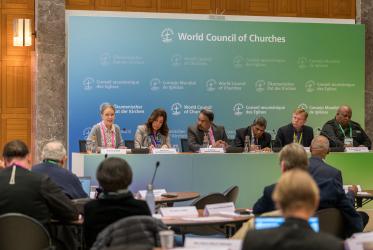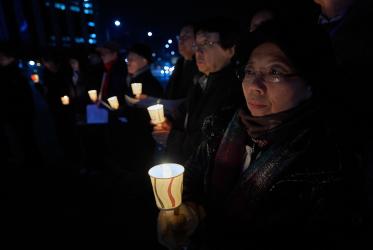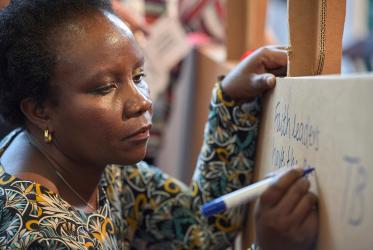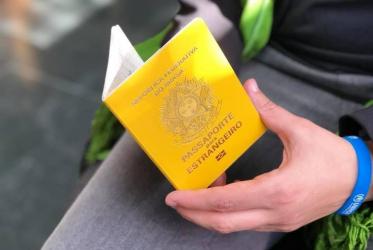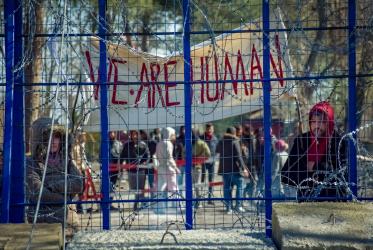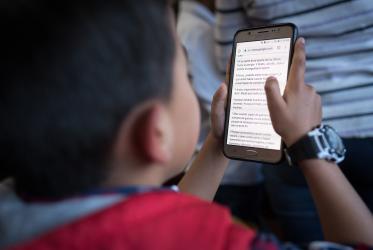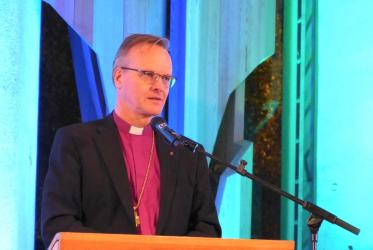Displaying 1 - 20 of 24
WCC submits comments on draft UN “Pact for the Future”
12 February 2024
WCC honoured with Geneva Engage Award
01 February 2022
Christian communicators urge technologies that unite
20 March 2020
